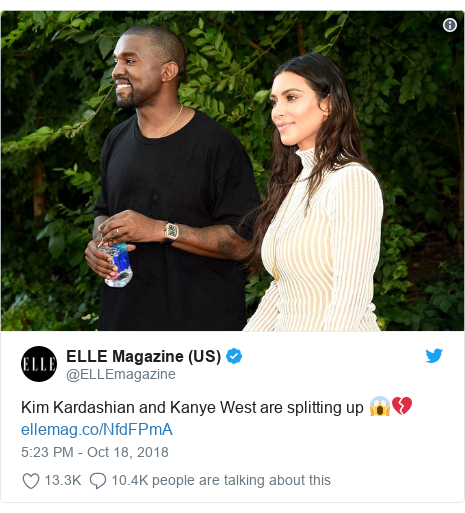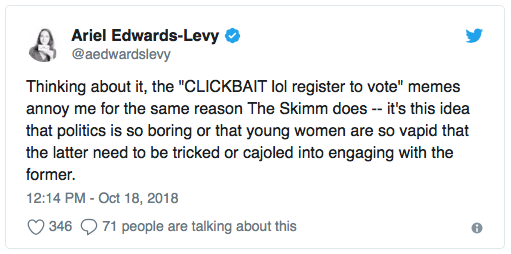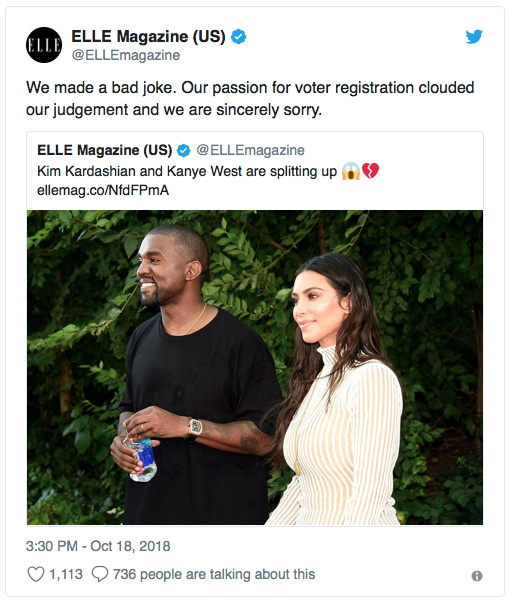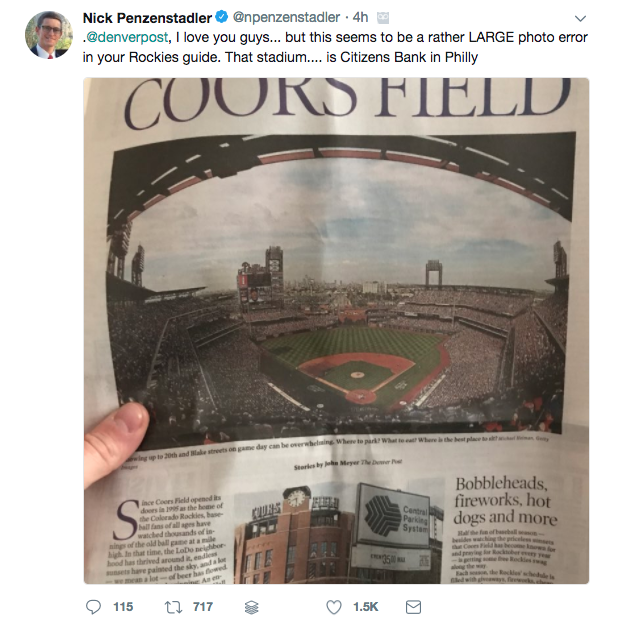Social media, and by that I mostly mean Facebook, is a mess. We all know that it wastes too much of our time, makes us more agitated and irritable than we should be, and collects information about us and uses that intel to manipulate us. We’ve known most of that for some time now. But seeing the undercover Channel 4 video of the Cambridge Analytica executives has shaken people who had been fully in the techno-utopian camp when it came to the internet and Web 2.0 services like Facebook, Twitter, and YouTube. Suddenly the brave new world of the internet doesn’t look so bright and shiny.
In preparation for teaching a unit on new media and regulation I was reviewing my notes about the history of regulation of the internet…which is pretty short. Not that there haven’t been attempts to regulate “cyberspace”…but as early observers already noted, the internet does not take kindly to outsiders telling it how to go about its business. The early credo, “The internet interprets censorship as damage and routes around it” is testimony to the structural logic of the internet and explains the technical challenge of controlling something that was built to withstand external attacks.
Much of the early rhetoric was hyperbolic and now seems a bit silly. As the luster and new-car-smell has faded, we look back on those early utopian ideals as innocent and naive. Here’s an example from 1996. The speaker/author of A Declaration of the Independence of Cyberspace is John Perry Barlow; a cattle rancher, techno-philosopher, and lyricist for The Grateful Dead.
While many of the early attempts to regulate were focused on the content of the internet, e.g. the Communications Decency Act, other legislation focused on intellectual property and piracy, e.g. SOPA and PIPA.
The most recent piece of legislation, H.R. 1865 aka FOSTA-SESTA, if signed by President Trump, will modify the 1996 Communications Decency Act Section 230 which has provided cover for internet companies and shielded them from legal repercussions related to the actions of users on their sites.
So, what does Facebook and Cambridge Analytica have to do with any of this? Simply that users are starting to question whether big internet companies can be trusted to do the right thing without oversight. (Others aren’t so sure).
But if it is time for regulators to tell Craigslist, Reddit, and Backpage (among others) to clean up their Personal/Massage/Dating ads in the interest of combating sex trafficking, perhaps it’s also time for regulators to tell Facebook when it is and isn’t okay to harvest and sell our data to political operatives.
No one naively believes that this will end the sex trafficking problem…just as no one believes that Zuckerberg’s promise to do a better job handling the personal data of 1.5 billion users will end the kinds of abuse exposed by last week’s investigative journalism. But it may be a start.
Update (April 9, 2018): Since this was initially posted, Craigslist has eliminated its Personals section as a response to FOSTA-SESTA. Also, the FBI shut down Backpage and charged its founder Michael Lacey. Backpage has seen strong growth after Craigslist closed its Erotic Services section in 2010.







 That may feel like an inconsequential error in light of the bigger issues of politics and world affairs, but it does illustrate the loss that Denver, the state of Colorado, and the country are facing as media corporations chase the bottom line while ignoring the communities that they’re supposed to serve.
That may feel like an inconsequential error in light of the bigger issues of politics and world affairs, but it does illustrate the loss that Denver, the state of Colorado, and the country are facing as media corporations chase the bottom line while ignoring the communities that they’re supposed to serve.
